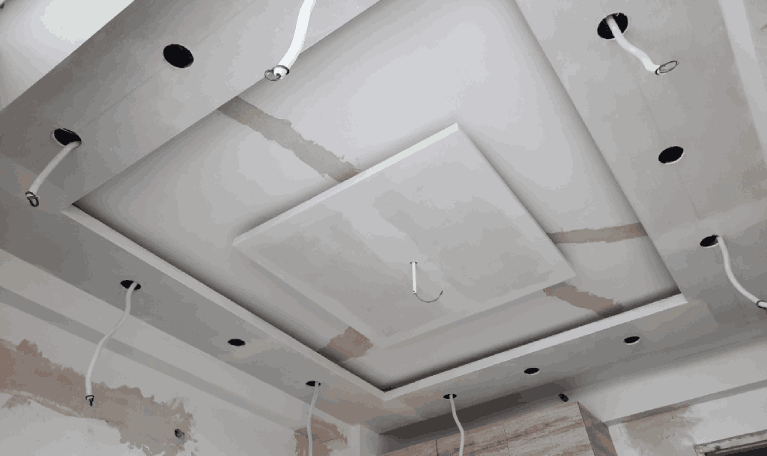Gypsum board manufacturing plays a crucial role in the construction industry, offering an efficient and versatile solution for creating smooth, durable walls and ceilings. As a popular choice for both residential and commercial projects, understanding the gypsum board manufacturing process can provide valuable insights into its benefits and applications.
What is Gypsum Board?
Gypsum board, commonly known as drywall, plasterboard, or sheetrock, is a construction material made from gypsum, a natural mineral. It consists of a gypsum core sandwiched between two layers of paper. The core provides fire resistance and soundproofing qualities, while the paper layers offer structural support and ease of installation.
The Manufacturing Process
The manufacturing process of gypsum boards involves several key steps, each contributing to the final product's quality and performance.
-
Raw Material Preparation: The primary raw material for gypsum board is gypsum rock, which is mined and then heated in a kiln to remove moisture, producing calcined gypsum or plaster of Paris. This gypsum is then mixed with water to create a slurry.
-
Board Formation: The gypsum slurry is spread evenly between two layers of paper on a continuous moving belt. The mixture is then shaped into boards of desired thickness and width. The paper layers are designed to bond well with the gypsum core, ensuring durability and ease of finishing.
-
Drying and Curing: The formed boards are passed through a drying chamber, where they are subjected to controlled heat to remove excess moisture. This step is crucial to achieve the desired hardness and stability. Once dried, the boards are cured to enhance their strength and performance.
-
Cutting and Finishing: After curing, the large sheets of gypsum board are cut into standard sizes and inspected for quality. Any defects or irregularities are addressed, and the boards are packaged for distribution.
Benefits of Gypsum Boards
Gypsum boards offer numerous benefits, making them a preferred choice for many construction projects:
-
Fire Resistance: Gypsum has inherent fire-resistant properties due to its water content. When exposed to heat, gypsum boards release water vapor, which helps to slow down the spread of flames.
-
Soundproofing: Gypsum boards effectively reduce sound transmission between rooms, providing better acoustic insulation.
-
Ease of Installation: Gypsum boards are lightweight and easy to handle, making installation faster and more cost-effective compared to traditional plastering methods.
-
Smooth Finish: They provide a smooth, even surface that is ideal for painting and finishing, enhancing the aesthetic appeal of interiors.
-
Environmentally Friendly: Gypsum boards are recyclable and made from natural materials, contributing to sustainable building practices.
Applications of Gypsum Boards
Gypsum boards are versatile and used in various applications, including:
-
Wall Partitions: They are commonly used to create interior wall partitions in both residential and commercial buildings.
-
Ceilings: Gypsum boards are ideal for constructing ceilings, including suspended and dropped ceilings.
-
Decorative Features: They can be used to create decorative elements such as coving, arches, and panels.
Conclusion
Gypsum board manufacturing is a sophisticated process that results in a highly functional and versatile building material. With its benefits of fire resistance, soundproofing, ease of installation, and smooth finish, gypsum board remains a popular choice in the construction industry. Understanding the manufacturing process and advantages of gypsum boards can help builders and homeowners make informed decisions for their projects.
